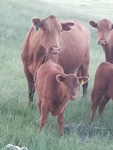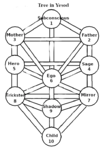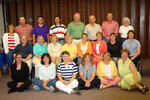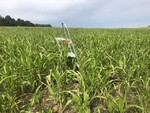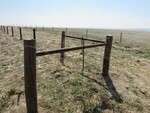Posted date: Dec 30, 2021
by: Admin My Local Life
495 Views
December 30, 2021
For more information:
Heather Lansdowne
785-564-6706
AgMedia@ks.gov
MANHATTAN, Kansas - The Kansas Department of Agriculture and K-State Research and Extension will offer virtual workshops January 31–February 4, 2022, to assist farmers' market vendors and managers, and also for those wanting to sell food products directly to consumers. The workshop series includes four online Lunch and Learn sessions, followed by a half-day virtual workshop. Some K-State Research and Extension offices will be offering in-person watch parties for the February 4 half-day workshop.
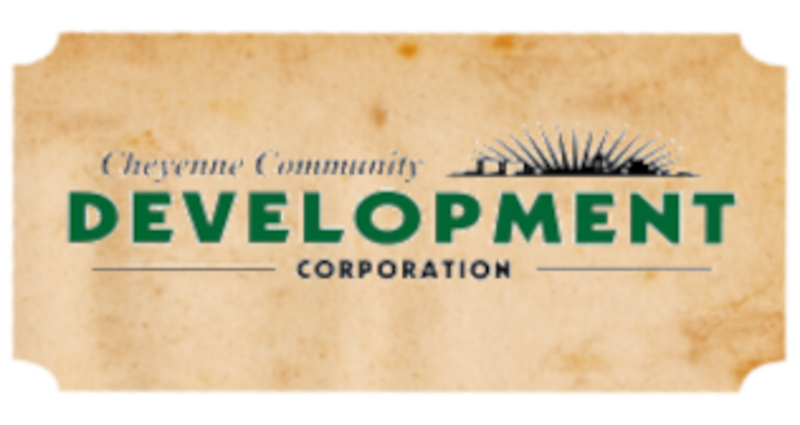
"Over the past two years, we've seen an increase in people's enthusiasm for locally sourced food, and these workshops will address common questions and concerns for farmers and small businesses who are embracing these opportunities to reach local consumers," said Londa Nwadike, food safety specialist with K-State Research and Extension and the University of Missouri. "It's also important for farmers to understand certain legal, safety and financial parameters before choosing to sell either directly to the consumer or at a farmers' market." In 2021, 89 farmers' markets were registered with KDA's Central Registration of Farmers' Markets.
Dates and topics for each Lunch and Learn online session are as follows:
Monday, Jan. 31, noon to 1 p.m.: Food Safety for Value-Added Food Products
Tuesday, Feb. 1, noon to 1 p.m.: Sales Tax, Food Packaging, and How to Care for your Certified Scales
Wednesday, Feb. 2, noon to 1 p.m.: Meat and Poultry, Kansas Value Added Meats Lab
Thursday, Feb. 3, noon to 1 p.m.: Accepting EBT/SNAP & Double Up Food Bucks
The half-day virtual workshop on Friday, Feb. 4, 8:30 a.m. to 1:00 p.m., will cover topics such as How to Market your Market and Booth, How to Identify Common Legal Risks, Senior Farmers' Market Nutrition Program, Vegetable Production, _From the Land of Kansas_ program, and resources available from KSRE. Keynote speaker Brian Coppom, Colorado Department of Agriculture, will also be discussing Best Practices for Business Success when it comes to farmers’ markets.
KDA's weights and measures program will offer free scale certification with a paid registration to an online workshop.
Registration for the January/February virtual workshops is now open. The cost is $5 per participant. Register at https://www.fromthelandofkansas.com/FMWorkshop.
For more information, contact Janelle Dobbins, KDA's _From the Land of Kansas_ marketing manager, at 785-564-6759 or fromthelandofkansas@ks.gov. The workshops are funded by the Kansas Center for Sustainable Agriculture and Alternative Crops, the Kansas Sustainable Agriculture Research and Education Program, and the Kansas Department of Agriculture.
KDA is committed to providing an environment that enhances and encourages economic growth of the agriculture industry and the Kansas economy. Kansas farmers' markets not only provide a fresh food source, but also stimulate the local economy. The Kansas Ag Growth Strategy has identified training for small companies via workshops as a key growth outcome for the specialty crop sector. The farmers' market/direct-to-consumer workshops will provide education through partnerships to help make Kansas farmers, ranchers and agribusinesses more successful.
** PDF's available with this article **



